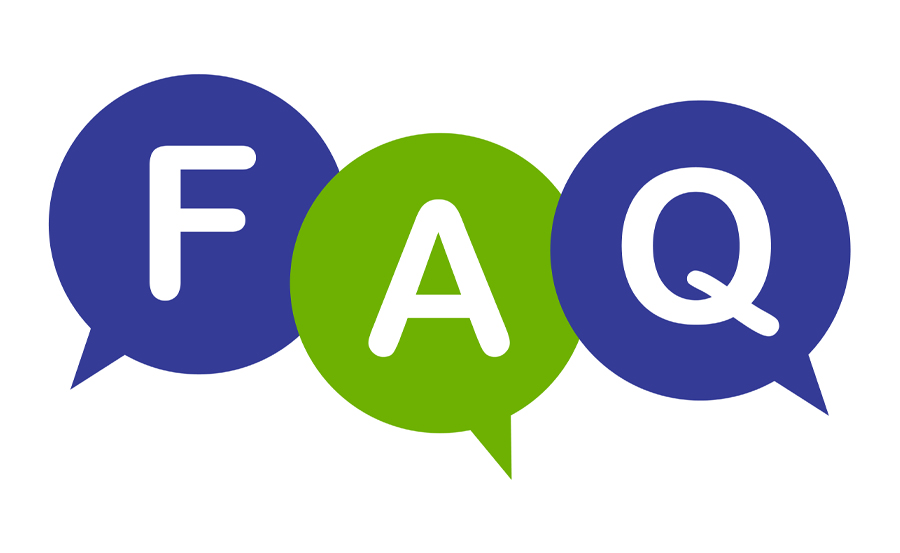When using IPTV on public networks, safety should be a top priority to prevent potential security threats, data breaches, or unauthorized access. Many people enjoy watching IPTV content on public Wi-Fi networks, but it’s important to understand the risks involved and take necessary precautions. In this article, we will explore the best ways to use IPTV safely on public networks and ensure your privacy and data are protected.
Buy 1 Year IPTV Subscription and Enjoy Unlimited Content
Why You Need to Be Cautious on Public Networks
Public Wi-Fi networks, while convenient, are inherently insecure. They are often not encrypted and can be easily accessed by hackers, which makes them a breeding ground for cyberattacks. Using IPTV on these networks without taking proper precautions can expose your device and personal information to various security threats, such as man-in-the-middle attacks, data interception, and malicious software installations.
What Are the Risks?
- Data Interception: Unsecured public networks can allow attackers to intercept your data, including personal information, login credentials, and browsing activity.
- Malware Attacks: Hackers can exploit vulnerabilities on public networks to inject malware into your device.
- Man-in-the-Middle Attacks: Without proper encryption, hackers can intercept and alter communication between your device and the IPTV server.
How to Safely Watch IPTV on Public Networks
While using IPTV on public networks can be risky, there are several steps you can take to mitigate these risks and enjoy a safe streaming experience.
1. Use a VPN (Virtual Private Network)
A VPN is a powerful tool that encrypts your internet connection and masks your IP address, making it significantly more difficult for hackers to intercept your data. When using a VPN on public networks, all of your internet traffic, including IPTV streaming, is encrypted, ensuring your privacy and security.
Why a VPN is Essential:
- Encryption: VPNs encrypt your internet connection, protecting your data from interception.
- Anonymity: By masking your IP address, a VPN helps you stay anonymous online.
- Bypass Geo-Restrictions: A VPN can also allow you to access geo-blocked IPTV content, giving you more streaming options.
2. Enable Secure Connections (HTTPS)
Whenever possible, ensure that your IPTV provider’s website or app uses HTTPS (Hypertext Transfer Protocol Secure). HTTPS encrypts data sent between your device and the IPTV server, making it more difficult for hackers to intercept the stream.
Look for These Indicators:
- The URL should start with “https://”.
- A padlock symbol should appear next to the website’s address.
3. Avoid Using Public Networks for Sensitive Transactions
While IPTV streaming can be relatively safe on public Wi-Fi with the right precautions, avoid using these networks for other sensitive activities, such as logging into banking apps or entering personal information. Limiting your use of public networks for anything other than basic streaming reduces your exposure to cyber threats.
4. Regularly Update Your Device and IPTV App
Keeping your device and IPTV apps up to date ensures that you have the latest security patches and fixes, reducing the likelihood of exploitation by cybercriminals. Always update your software as soon as updates are available, and check for app-specific security updates.
5. Use Two-Factor Authentication (2FA)
Whenever available, enable two-factor authentication on your IPTV accounts. 2FA adds an extra layer of security by requiring a second form of verification, such as a code sent to your phone, in addition to your password. This extra step makes it much harder for hackers to gain access to your account, even if they manage to intercept your credentials.
DNS Troubleshooting Checklist for IPTV Users full Guide
6. Be Wary of Public IPTV Apps
If you’re using a public IPTV app on a public network, make sure that it is from a reputable source. Avoid third-party or free IPTV apps, as they may be prone to malware or other security vulnerabilities. Stick to well-known and trusted IPTV apps, and read user reviews to ensure their safety.
Additional Tips for Using IPTV Safely on Public Networks
- Use Strong Passwords: Ensure that your IPTV account password is complex and unique. Avoid using easily guessed passwords, such as your name or birthdate.
- Disable File Sharing: Turn off file sharing on your device when using public networks to prevent unauthorized access to your files.
- Monitor Your Device’s Security: Use antivirus software and firewalls to protect your device from potential threats.
FAQs
Can I Use IPTV on Public Wi-Fi Safely Without a VPN?

While using a VPN is highly recommended for maximum security, you can use IPTV on public Wi-Fi without one if you take additional precautions, such as using HTTPS-enabled apps and avoiding sensitive transactions. However, the risks are much higher without a VPN.
Are Free IPTV Apps Safe to Use on Public Networks?
Free IPTV apps can be risky as they may contain malware or expose your data. It’s better to use trusted, paid IPTV services that prioritize security.
How Do I Know if My IPTV App Is Secure?
Look for trusted IPTV apps that use HTTPS and regularly update their software. Additionally, check if the app supports features like two-factor authentication.
Protect Your IPTV Experience
Using IPTV on public networks can be safe as long as you take proper precautions. By using a VPN, enabling secure connections, and being cautious about the apps you use, you can enjoy a smooth, secure IPTV experience no matter where you are.
How to Use IPTV for Streaming Historical Content

